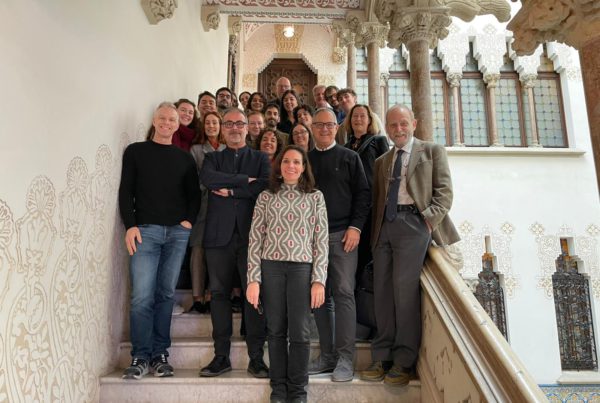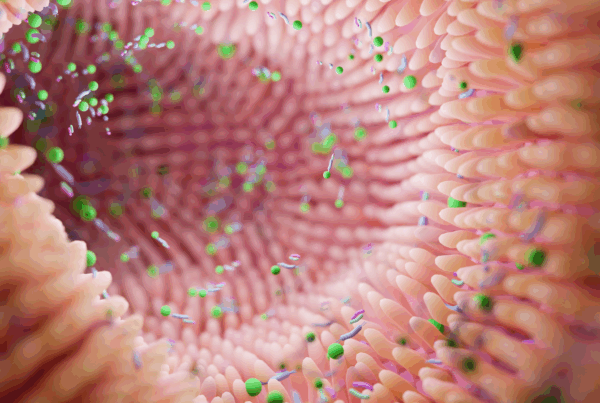
On June 26th and 27th, the 11th edition of The Barcelona Debates on the Human Microbiome was held at the CosmoCaixa Science Museum. This year’s congress brought together experts to explore the latest research in microbiome science, focusing on topics such as the use of live bacteria to combat intestinal infections, the influence of gut bacteria on brain health, and how the microbiome affects the efficacy of vaccines.
A Promising Alternative to Fecal Transplants
One of the key presentations featured Bernat Ollé, CEO of Vedanta Biosciences, who introduced new data on VE303—a next-generation biotherapeutic currently in Phase III clinical trials. VE303 includes eight strains of Clostridia, a type of bacteria commonly found in the human gut, cultured under strict laboratory conditions. It is designed to prevent colonization by Clostridioides difficile, a bacterium responsible for recurring and often serious intestinal infections. Unlike fecal microbiota transplantation (FMT), which can carry risks due to the uncontrolled transfer of microorganisms, VE303 offers a safer, standardized approach to restoring healthy gut flora.
Microbial Metabolites and Brain Protection
Another highlight of the congress was a talk by María R. Aburto from APC Microbiome Ireland. She presented compelling evidence that two bacterial metabolites—butyrate and propionate—can protect the blood-brain barrier (BBB), a crucial defense that shields the brain from harmful substances. This research opens new possibilities for developing therapies based on microbial metabolites to strengthen the BBB, potentially offering protection in cases of neuroinflammation and neurodegenerative disorders.
Boosting HIV Vaccine Efficacy Through Microbiome Modulation
Researchers also discussed about our project and emerging strategies for enhancing the immune response to therapeutic HIV vaccines by modulating the gut microbiome. By introducing specific bacteria or their metabolites, scientists aim to improve the activation of T cells in preclinical models. These findings could pave the way for microbiome-informed vaccine design, enhancing efficacy in real-world applications.










